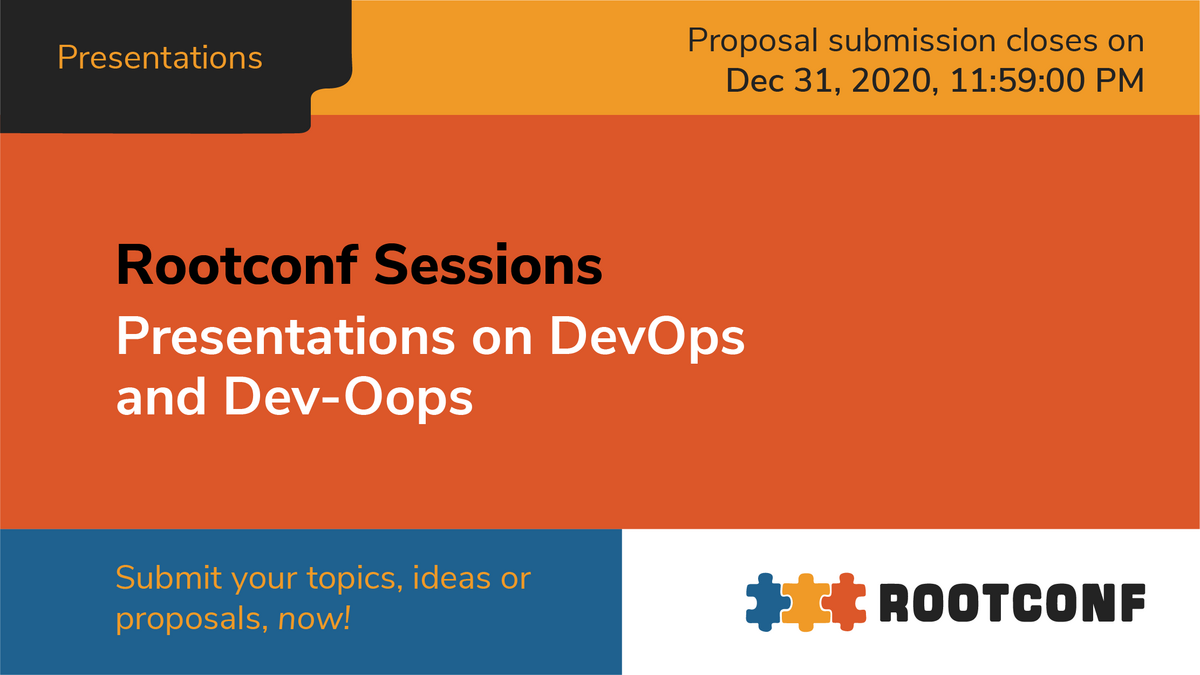
KN
Kayalvizhi NoorulAmeen
Observable Microservices make Monitoring simple
Submitted Mar 24, 2020
Duration of the session::
20 mins crisp talk
Category of talk:
Distributed systems
Microservices is not a buzz word anymore. Every other organisation builds and deliver scalable, cloud native HA microservices. As a result of the simplicity (broken down microservices), the deployments and environments get complicated.
The complication: In microservices architecture, each and every request is served by one or more services like authentication service, notification service, inventory service etc…The requests can either be initiated by user or initiated by one of the other microservices in the system. Say something went wrong while serving a request.
Though there are umpteen number of tools SREs (Site Reliability Engineers) use in the cloud to monitor the microservices, new issues are always ‘unknown’. Every service would have been logging along the way to serve the request but is not an easy task to find all the relevant log messages for a particular request amongst millions of log messages. So, observability plays a key role here.
How Observability need to be adopted by enterprises as a coding culture so that the debugging & monitoring get soimplified
Outline
This session is targeted to cover how to make the services observable so that the monitoring becomes a piece of cake.
Demo: Making Microservices observable leveraging instrumentation tool
Target Audience: Microservices Adopters, DevOps Practitioners
Key Takeaways:
- What is observability in microservices world?
- The Pillars of Observability
- Tools & Techniques of Making Microservices Observable
Speaker bio
• Have 15 years of overall experience with over 5 years in architecting applications.
• Have a rich breadth of experience and good grip on application architectures considering non-functional areas like resiliency, fault-tolerance, performance, scalability, security, usability etc…and have clarity on what business needs and has ability to transform them to results
• Have passion in being the technology ambassador and coaching engineering excellence to junior engineers.
• Have given good number of technical talks in my current Organisation (Pramati)
• Have strong understanding of the Software design/architecture/data-backed-decision-making processes.
• Proficient in J2EE technologies in web development and has exposure to UI tech stack.
• Expertise in architecting and developing features for enterprise scale systems.
• Capable of coding and beginning an implementation to get a project off the ground
Links
-
- My Linked In Profile - https://www.linkedin.com/in/kayalvizhi-kandasamy-78330947

{{ gettext('Login to leave a comment') }}
{{ gettext('Post a comment…') }}{{ errorMsg }}
{{ gettext('No comments posted yet') }}